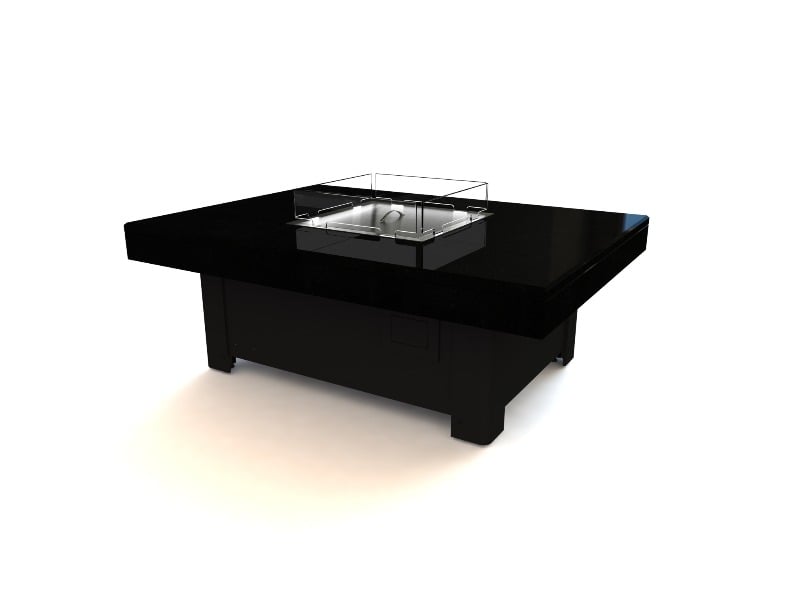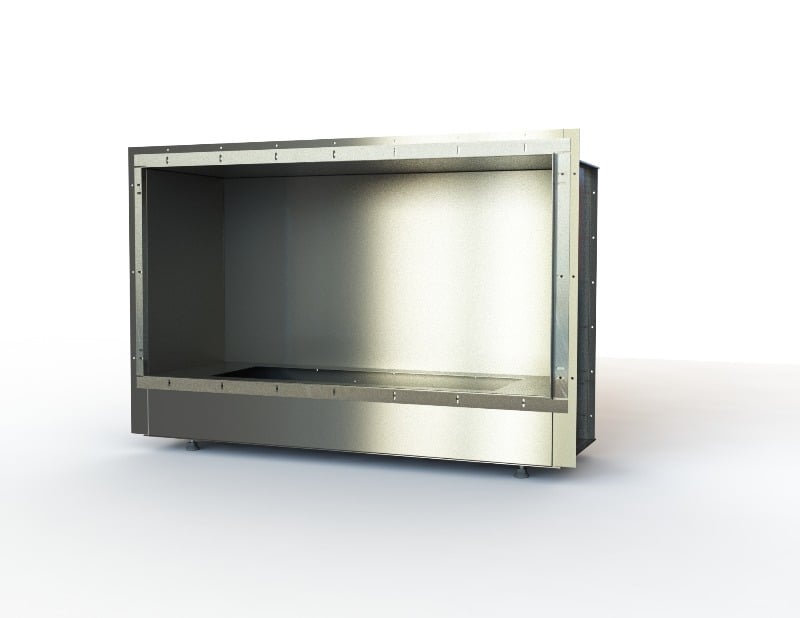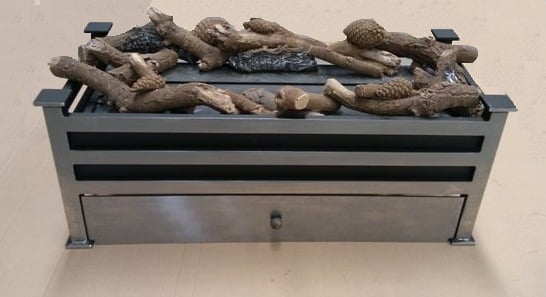What is Bioethanol Fuel?
Posted on
What is Bioethanol?
The principle fuel used as a petrol substitute for road transport vehicles is bioethanol. Bioethanol fuel is mainly produced by the sugar fermentation process, although it can also be manufactured by the chemical process of reacting ethylene with steam.
The main sources of sugar required to produce ethanol come from fuel or energy crops. These crops are grown specifically for energy use and include corn, maize and wheat crops, waste straw, willow and popular trees, sawdust, reed canary grass, cord grasses, jerusalem artichoke, myscanthus and sorghum plants. There is also ongoing research and development into the use of municipal solid wastes to produce ethanol fuel.



